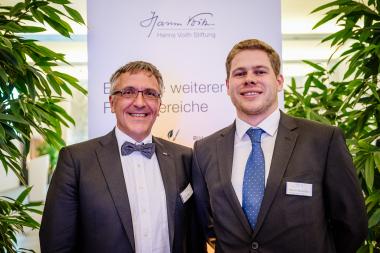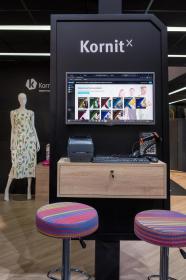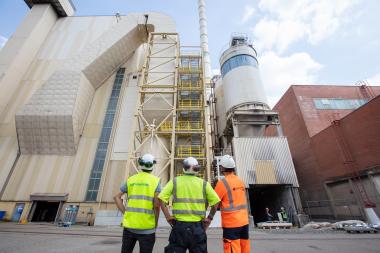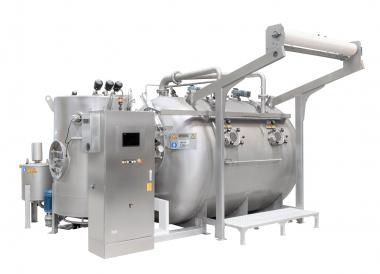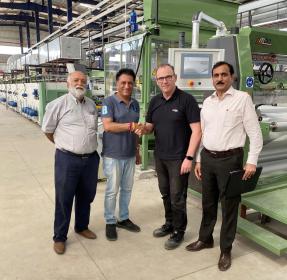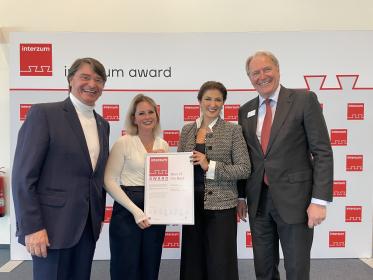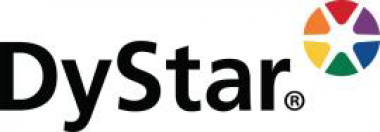adidas celebrates next Gen Icons of the Game
adidas unveils its new campaign to celebrate the FIFA Women’s World Cup Australia & New Zealand 2023™. The campaign is dedicated to next gen icons Alessia Russo, Lena Oberdorf and Mary Fowler and looks to drive more global attention for the game and inspire other young women and girls to follow in their footsteps.
Marking adidas’ most impactful Women’s World Cup campaign to date, the brand unites its global family of football legends and advocates of the women’s game. Headlined by a series of fast-paced films, the campaign welcomes a star-studded line up of David Beckham, Leon Goretzka and Ian Wright, actor and football fan, Jenna Ortega, as well as Argentina’s World Cup hero, Lionel Messi. They come together to celebrate the skills that Russo, Oberdorf and Fowler are renowned for, from vision and interception to power, creativity and accuracy.
The films are part of a new creative proposition from adidas for the upcoming tournament. ‘Play Until They Can’t Look Away’ aims to platform and showcase some of the world’s greatest football players on the biggest stage – whose skills and passion for the game demand global attention and support.
Set against the soundtrack of SL2’s iconic song, On a Ragga Tip, fans see World Cup winner, Lionel Messi, alongside Mary Fowler, guiding both viewers and Jenna Ortega across the world to Fowler’s home country of Australia , with preparations for the biggest women's sporting moment underway.
Meanwhile, David Beckham and Ian Wright, alongside his granddaughter, Women’s Arsenal FC player, Raphaella Wright-Phillips, are unable to look away in a supermarket as Russo spectacularly weaves her way through the narrow aisles, in her own creative fashion. Finally, Goretzka is expertly interrupted while bowling as Oberdorf whizzes around an arcade, powerfully intercepting balls in each scene to achieve a high score of her own.
Paying respect to those who have gone before, the films are also filled with subtle references to memorable moments that football super fans will revel in, including shirt numbers, iconic tournament balls, plus much more.
adidas AG








